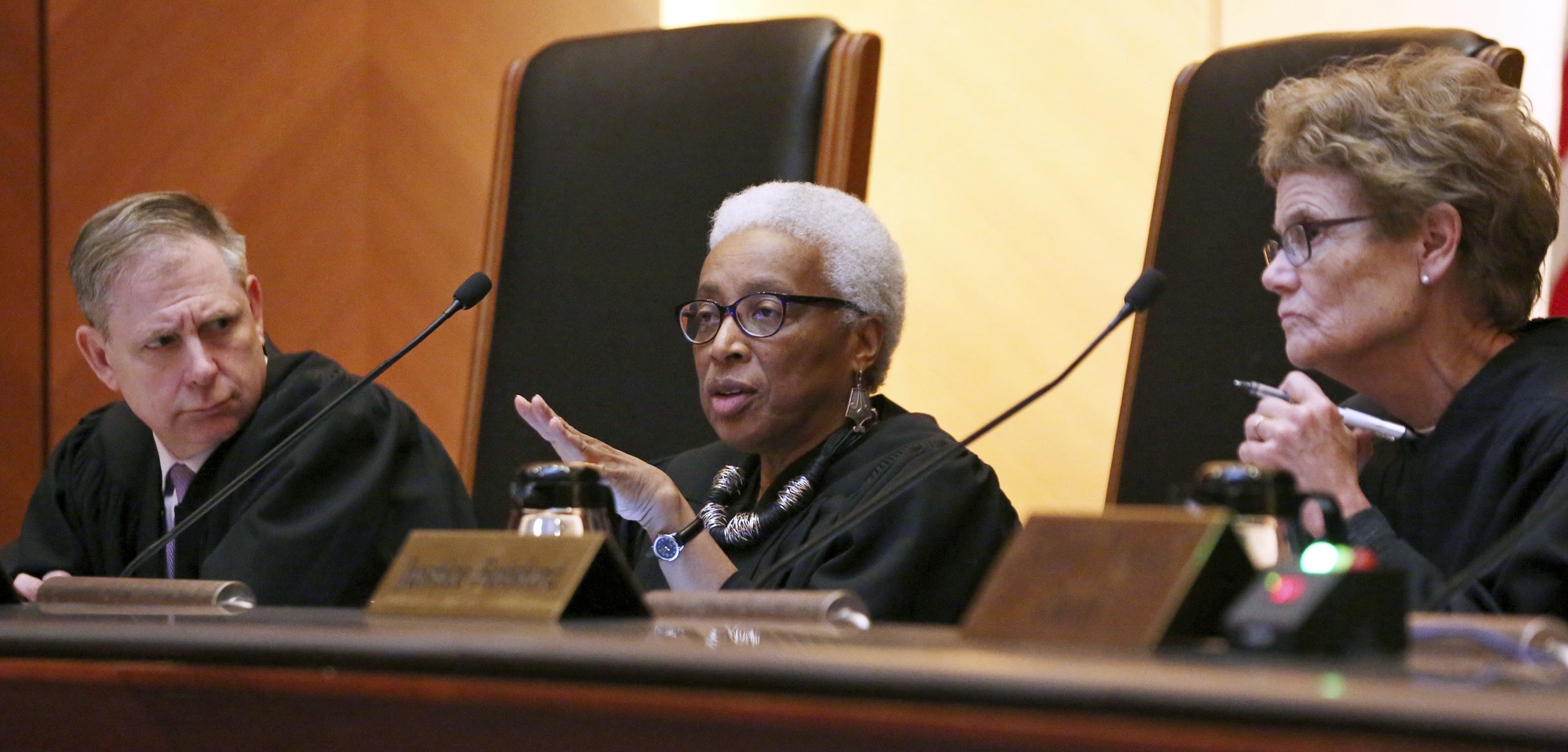In the annals of wrongful convictions, there is nothing that comes close in size to the epic drug-lab scandal that is entering its dramatic final act in Massachusetts.
About 23,000 people convicted of low-level drug crimes are expected to have their cases wiped away next month en masse, the result of a five-year court fight over the work of a rogue chemist. “It’s absolutely stunning. I have never seen anything like it,” said Suzanne Bell, a professor at West Virginia University who serves on the National Commission of Forensic Science. “It’s unbelievable to me that it could have even happened. And then when you look at the scope of the number of cases that may be dismissed or vacated, there are no words for it.”
The dismissals will come in the form of filings from seven district attorneys ordered by the Massachusetts Supreme Judicial Court to decide who among 24,000 people with questionable convictions they can realistically try to re-prosecute. Their answer, due by April 18, is expected to be “in the hundreds,” a spokeswoman for Middlesex County District Attorney Marian Ryan said this week. An exact number was not available because the prosecutors are still working through the list, the spokeswoman, Meghan Kelly, said in an email.



